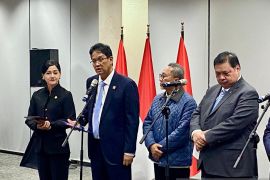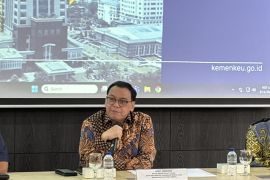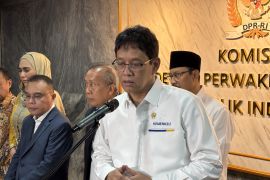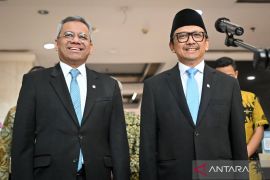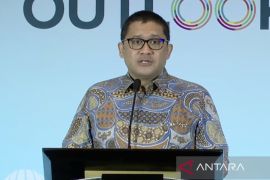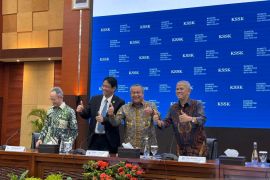"With the right regulatory and supervisory frameworks in place, FinTech can give customers access to payment services, savings, investment, credit, and insurance," IFC`s CEO Philippe Le Hou'rou remarked here on Wednesday.
Le Hou'rou stated that Indonesia has taken several important steps to expand financial inclusion.
In 2017, the finance gap for these businesses was estimated at $166 billion, or 19 percent of GDP. There are 58 million micro, small, and medium-sized enterprises in Indonesia.
"They employ 89 percent of the private sector workforce and contribute to 60 percent of the country`s GDP," he stated.
According to the Indonesian FinTech Association, there are now 235 FinTech companies operating in Indonesia, with over half of those founded in the last two years.
Digital payments by FinTechs have reached a total transaction value of US$21 million in Indonesia.
"Only 49 percent of adults in Indonesia have access to formal financial services, according to the 2017 Findex. The Fintech Association is committed to helping drive the Government of Indonesia`s strategic goal of including 75 percent of Indonesians in the formal financial system by 2019," he stated.
Over 69 percent of the unbanked population own personal mobile phones.
"We firmly believe that Fintechs can collaborate with existing financial institutions to extend their reach and significantly improve product-market fit," he noted.
The fintech industry is already scaling rapidly and has more than 30+ million users and 3+ million agents, covering 350 counties/cities.
"We are extremely thankful to the financial services industry and the government for the outstanding support for Fintechs to collaborate. We are proud to be able to contribute towards making a large social impact for Indonesia through driving financial inclusion," the Chairman of Indonesia Fintech Association Niki Luhur remarked.
Only 39 percent of adults in Indonesia have a transaction account with a formal financial institution.
In a bid to promote financial inclusion as a key development strategy, the government of Indonesia has implemented the National Strategy for Financial Inclusion with the goal of including 75 percent of Indonesians in the formal financial system by 2019.
Editing by Eliswan Azly
Reporter: Azis Kurmala
Editor: Fardah Assegaf
Copyright © ANTARA 2018

